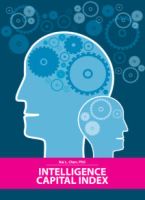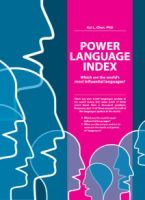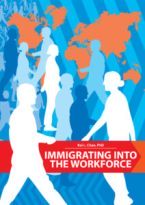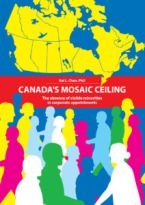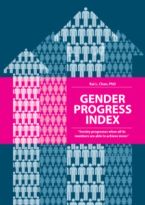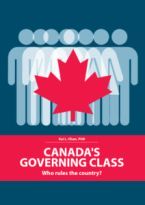
Students of English literature might be acquainted with Alan Sillitoe's classic novel, "The Loneliness of the Long Distance Runner." In that story, the protagonist, Smith, gains relief from his chaotic schedule in a well-heeled boarding school and time to muse about life in his daily runs. As a runner myself — having competed in track and field, cross-country and marathons — I empathize with Smith. One of the simple pleasures of long-distance running is the seclusion that Sillitoe notes. The solitude of running provides an opportunity to appreciate, inter alia, the beauty of the sun setting over rolling hills while hearing the sound of leaves crunching under one's feet. However, sometimes the solitude is simply lonesome. This is why I sometimes think that Sillitoe was in fact writing about the doctoral adventure. The Ph.D. is a very lonely pursuit, and it goes without saying that it is a long race, metaphorically speaking. (The median time from matriculation to receiving a Ph.D. is 6.0 years.) And the isolation of the Princeton graduate experience has given me an epiphany about life: It really is stranger than fiction. Though I don't run on the beach, I often imagine leaving tracks in the sand…

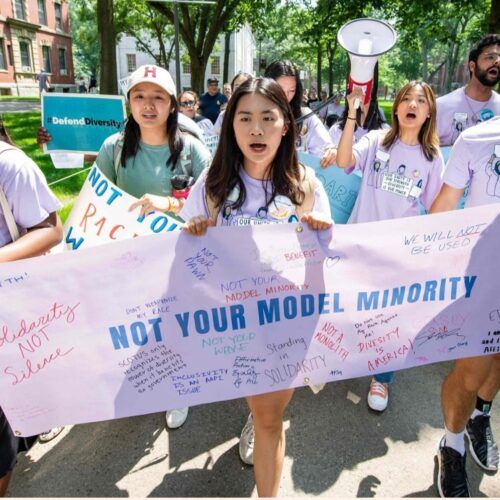 Letter to the FT (July 12, 2023) I was a bottom one-percenter, literally born on the streets of China to peasant parents, grew up in poverty in the west and arrested multiple times as a teenager -- I also attended Princeton University ("The moral bankruptcy of Ivy League America", Opinion, July 6). Although the US Supreme Court ruled to disallow race-based affirmative action, the history of similar policies -- notably proposition 209 in California, which banned race as a factor for college admissions -- and the present climate in higher education suggest that the Ivy League establishment will find other (non-race based) ways to continue to get their desired mix of students, in which Asians still end up being the biggest losers. Luce points to favouritism for white people due to that group receiving 65 per cent of athletic scholarships -- however, this number is roughly in line with their share of the overall US population. That this argument even surfaced shows the skewed view many have, perhaps in part because of the higher proportion of black people in major US sports. Nevertheless, Luce is on point that the affirmative action debate in its present form does nothing for the…
Letter to the FT (July 12, 2023) I was a bottom one-percenter, literally born on the streets of China to peasant parents, grew up in poverty in the west and arrested multiple times as a teenager -- I also attended Princeton University ("The moral bankruptcy of Ivy League America", Opinion, July 6). Although the US Supreme Court ruled to disallow race-based affirmative action, the history of similar policies -- notably proposition 209 in California, which banned race as a factor for college admissions -- and the present climate in higher education suggest that the Ivy League establishment will find other (non-race based) ways to continue to get their desired mix of students, in which Asians still end up being the biggest losers. Luce points to favouritism for white people due to that group receiving 65 per cent of athletic scholarships -- however, this number is roughly in line with their share of the overall US population. That this argument even surfaced shows the skewed view many have, perhaps in part because of the higher proportion of black people in major US sports. Nevertheless, Luce is on point that the affirmative action debate in its present form does nothing for the… 


